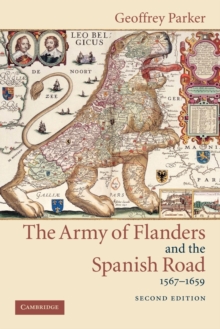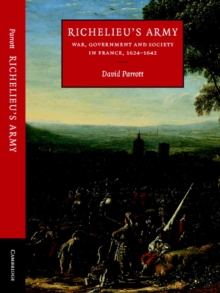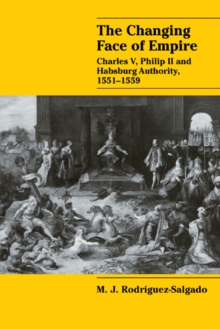
Neostoicism and the Early Modern State Paperback / softback
by Gerhard Oestreich
Part of the Cambridge Studies in Early Modern History series
Paperback / softback
Description
Neostoicism was one of the most important intellectual movements of the sixteenth and seventeenth centuries.
It started in the Protestant Netherlands during the revolt against Catholic Spain.
Very quickly it began to influence both the theory and practice of politics in many parts of Europe.
It proved to be particularly useful and appropriate to the early modern militaristic states; for, on the basis of the still generally accepted humanistic values of classical antiquity, it promoted a strong central power in the state, raised above the conflicting doctrines of the theologians.
Characteristically, a great part of Neostoic writing was concerned with the nationally organized military institutions of the state.
Its aim was the general improvement of social discipline and the education of the citizen to both the exercise and acceptance of bureaucracy, controlled economic life and a large army.
Information
-
Out of stock
- Format:Paperback / softback
- Pages:292 pages, Worked examples or Exercises
- Publisher:Cambridge University Press
- Publication Date:11/12/2008
- Category:
- ISBN:9780521088114
Information
-
Out of stock
- Format:Paperback / softback
- Pages:292 pages, Worked examples or Exercises
- Publisher:Cambridge University Press
- Publication Date:11/12/2008
- Category:
- ISBN:9780521088114










